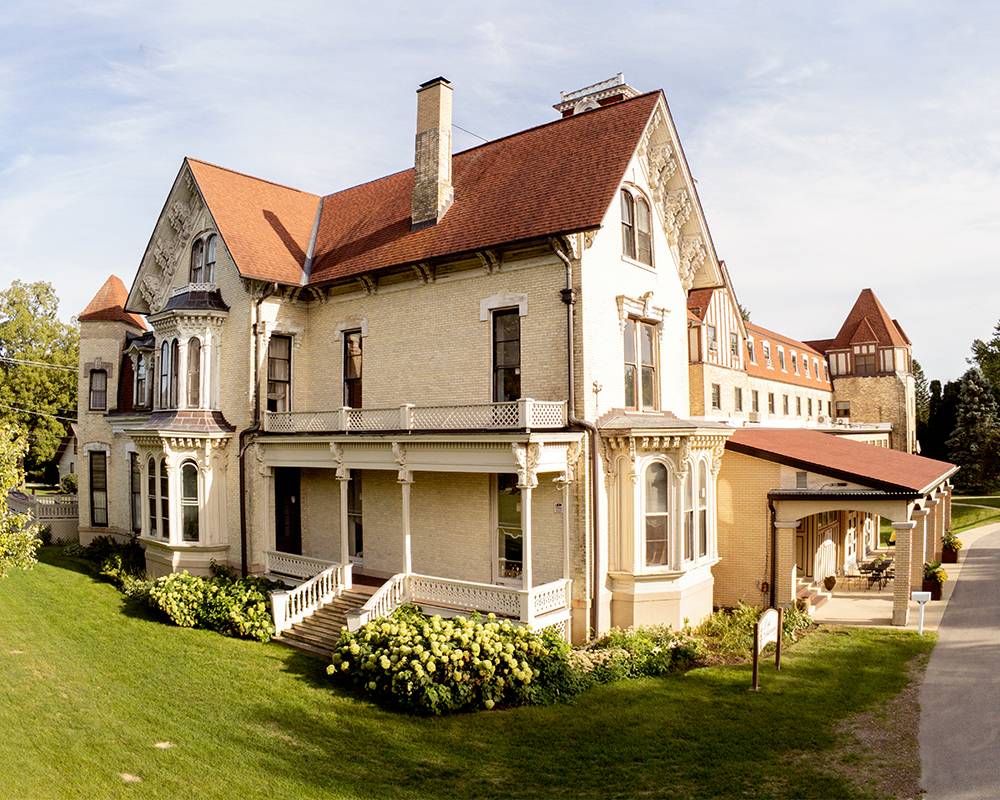As an interventional cardiologist at Advocate Good Shepherd Hospital in Barrington, Dr. Jeffrey Freihage treats more than just the heart. He treats any disease related to blood vessels.
Sometimes that means treating those with peripheral arterial disease (PAD), a circulatory problem in which narrowed or blocked arteries can’t carry enough blood to the legs and arms.
People may not even realize they have PAD until they receive a wound on their legs or feet that just won’t heal. In severe cases, amputation could be a possible treatment.
“It takes a lot more blood to heal a wound than to keep tissue integrity,” says Freihage.
What amazes him is that more than half of patients who had a serious leg or foot wound that resulted in an amputation did not first receive a proper evaluation of their arterial system.
“At Good Shepherd, we’ve really worked the past three to four years on identifying those in podiatry offices who should get a vascular evaluation early,” he says.
Part of the reason Freihage is adamant about vascular evaluations – and having regular appointments with a primary doctor – is that a patient with a blockage in one vascular bed has a 40% chance of having a blockage elsewhere.
“Say they have a blockage in their leg,” he says. “Now that they’re walking, we have to ask, ‘Are you having chest pain? Could you have blockages in your heart as well?”
If you have routine blood pressure checks with your primary doctor, that’s a great first step, Freihage says. Monitoring risk factors such as smoking or heart disease may also help. It’s also a good idea to engage in regular exercise that includes 30 to 45 minutes of increased heart rate several times a week.
“Not every exercise has to be going to the gym,” Freihage says. “Vigorous work around the house, I count that. Get your heart rate up, walk some distance, achieve your step count.”
Advocate Good Shepherd Hospital is located at 450 W. Highway 22, in Barrington, (847) 381-0123.















